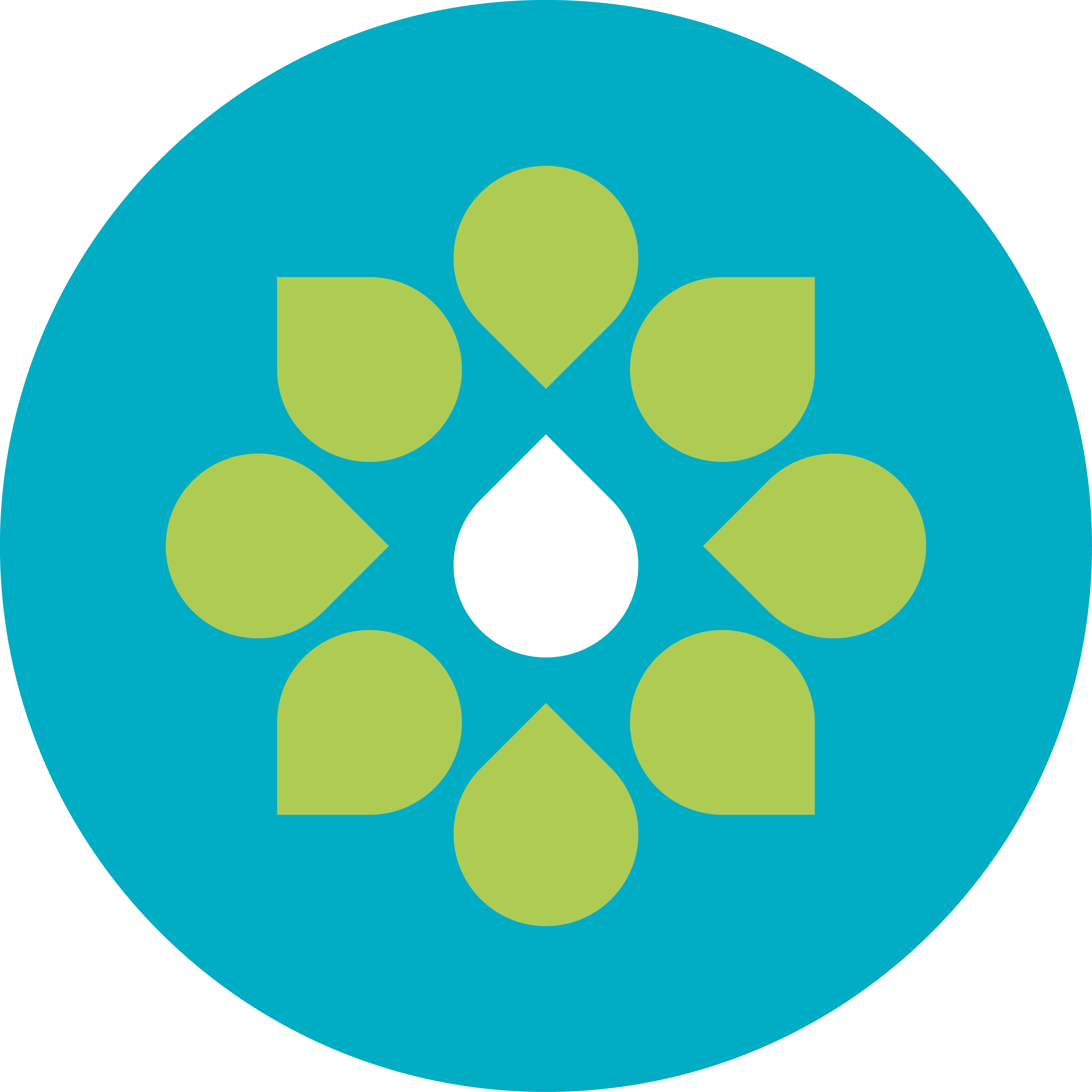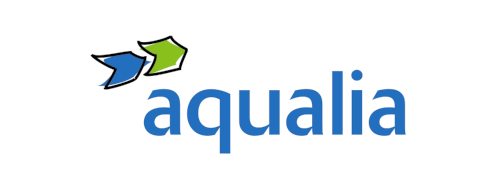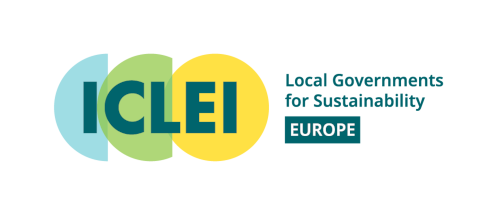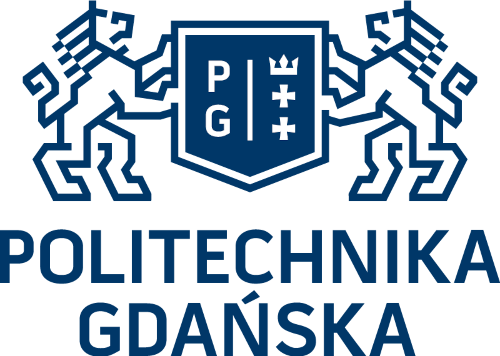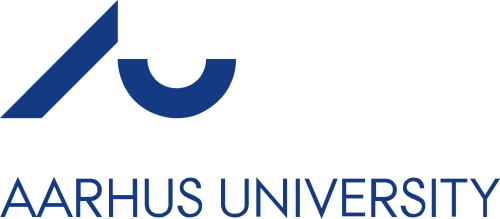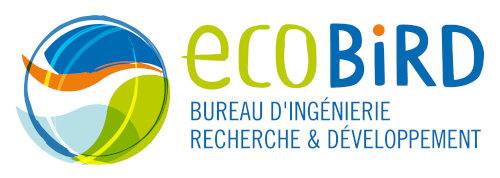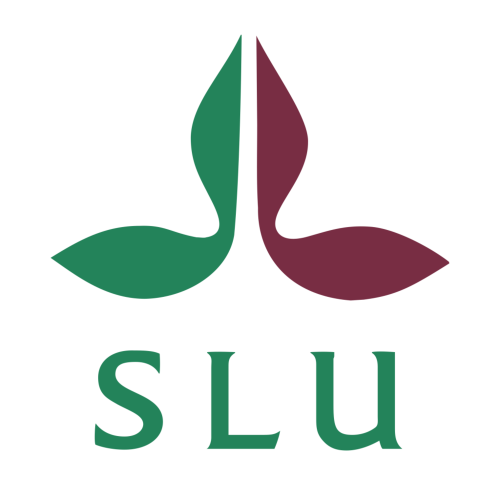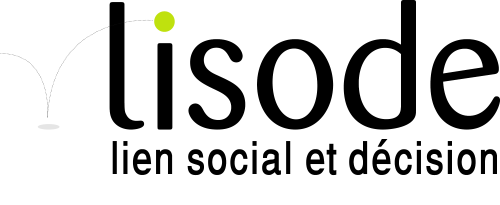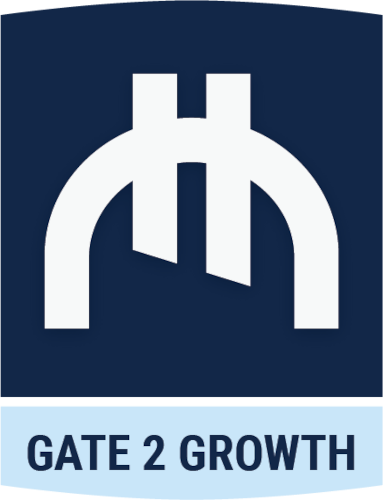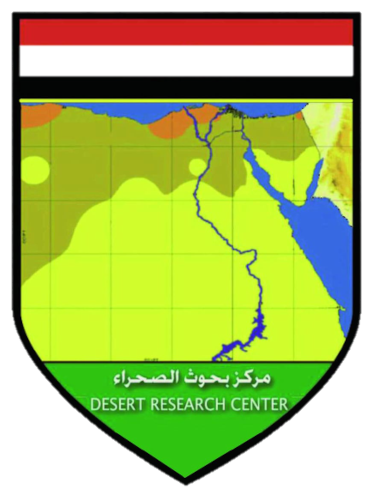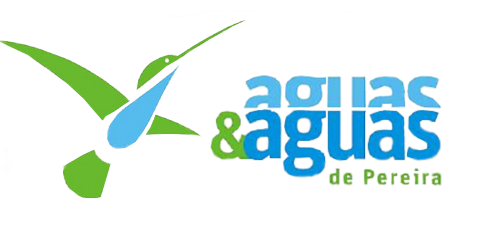NICE utilises nature-based solutions to transform concrete jungles into urban oases!
Climate change and pollution are increasing stress on water supply globally. Both water shortages and urban flooding pose problems in cities. Cityscapes that consist of concrete, tarmac and buildings do not allow water to flow. Would it not be nice to change this?
EU-funded NICE aims to do just that. Launched in June 2021, NICE will apply a natural approach to transform concrete jungles. NICE will utilise nature-based solutions to foster circular urban water loops globally.
What are nature-based solutions? The European Commission defines them as “Solutions that are inspired and supported by nature, which are cost-effective, simultaneously provide environmental, social and economic benefits and help build resilience. Such solutions bring more, and more diverse, nature and natural features and processes into cities, landscapes and seascapes, through locally adapted, resource-efficient and systemic interventions. Nature-based solutions must therefore benefit biodiversity and support the delivery of a range of ecosystem services.”
NICE will generate knowledge for the design and implementation of nature-based solutions with the goal of closing urban water loops. The NICE solutions will capture water, repurpose it, and mitigate pollution and runoff.
How to create better water flows in cities the NICE way? See our flowchart on Innovative and Enhanced Nature-based Solutions for Sustainable Urban Water Cycle - below.
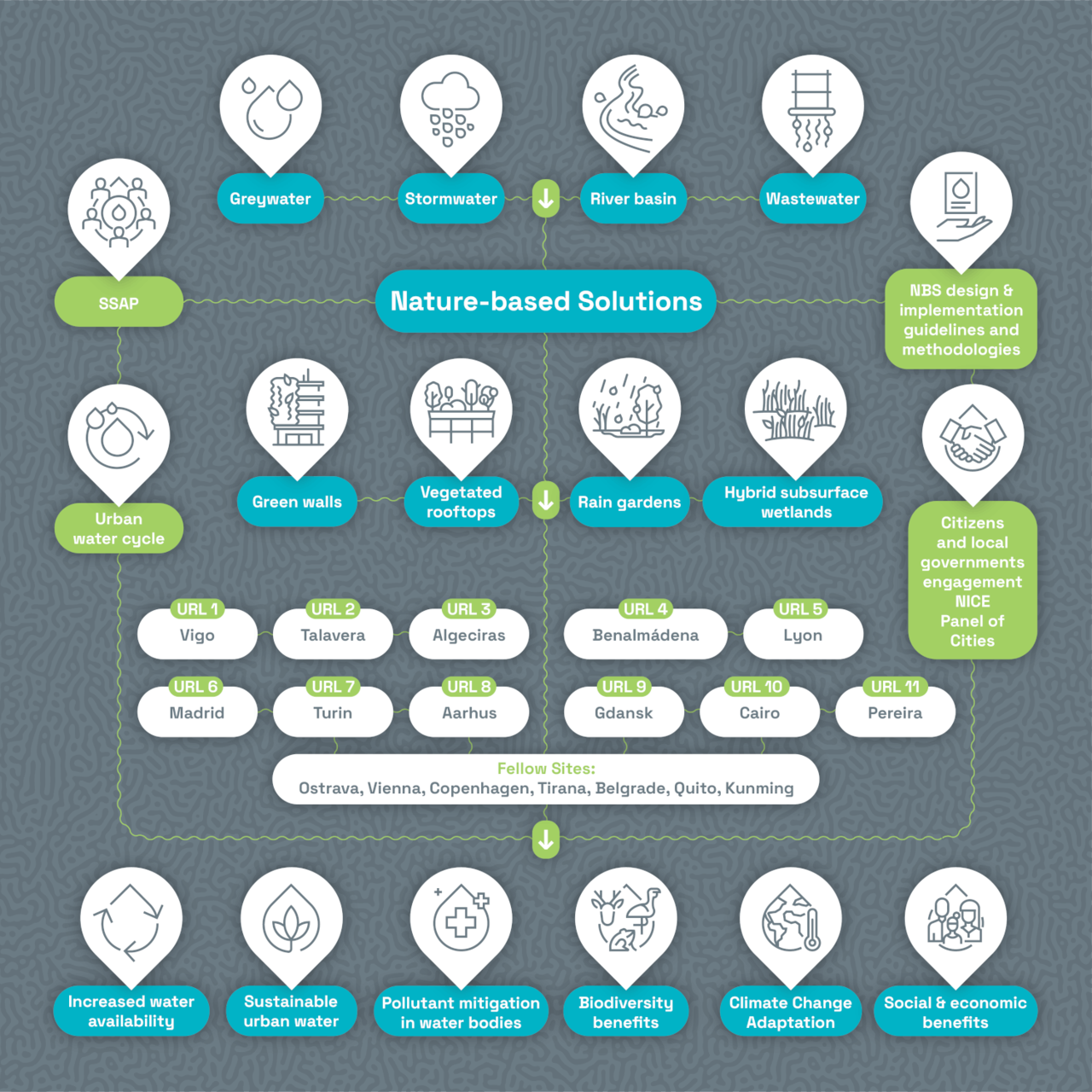
Building in an extensive analysis of existing nature-based solutions, NICE will develop and test new approaches in labs and 'Urban Real Labs' around the globe – explore our cities Vigo, Talavera, Algeciras, Benalmádena, Madrid (all in Spain), Lyon (France), Turin (Italy), Aarhus (Denmark), Gdansk (Poland), Cairo (Egypt) and Pereira (Colombia). Four Fellow Sites will also implement NICE nature-based solutions for further testing, selected among the NICE Fellow Cities that are learning from the main Urban Real Labs throughout the project; Ostrava (Czech Republic), Vienna (Austria), Copenhagen (Denmark), Tirana (Albania), Belgrade (Serbia), Quito (Ecuador) and Kunming (China). The NICE Cities Panel gathers additional cities from all over the world interested in implementing NBS for urban circular water together with the project URLs and Fellows to learn from the insights gained in the project. The NICE cities panel includes Muratpaşa (Turkey) Almada (Portugal), Véménd (Hungary), Słupsk (Poland) and Hammam-Lif (Tunisia).
NICE will explore nature-based solutions such as green walls, vegetable rooftops, rain gardens and hybrid subsurface wetlands, which will be further enhanced with tailored strategies such as bioaugmentation, reactive materials and other innovative filling media, novel design and plants.
Wastewater, greywater, polluted river basins, storm water and combined sewer overflow can all be sustainably managed in a circular urban water system. To achieve sustainable circular urban water loops, the project will integrate research, private sector, citizens, policies and economy to:
- Enable the scaling-up of nature-based solutions across Europe through development of standards, guidelines and methodologies, based on results from research and development of innovative nature-based solutions at lab and Urban Real Labs scales and the review of existing nature-based solutions.
- Create new business and investment models for cost-effective solutions that benefit the economy, environment and society.
- Identify obstacles, barriers and opportunities in current regulatory frameworks.
- Raise awareness among the general public, by involving local stakeholders in co-creation in the Urban Real Labs.
Coordinated by CETIM (Fundación Centro Tecnológico de Investigación Multisectorial), with the support of AQUALIA, and 12 other partners at the forefront of nature-based solutions research and implementation, NICE will transform the European urban water landscape into a more sustainable one.
See the project partners below:

This project has received funding from the European Union's Horizon 2020 research and innovation programme under grant agreement No.101003765.
